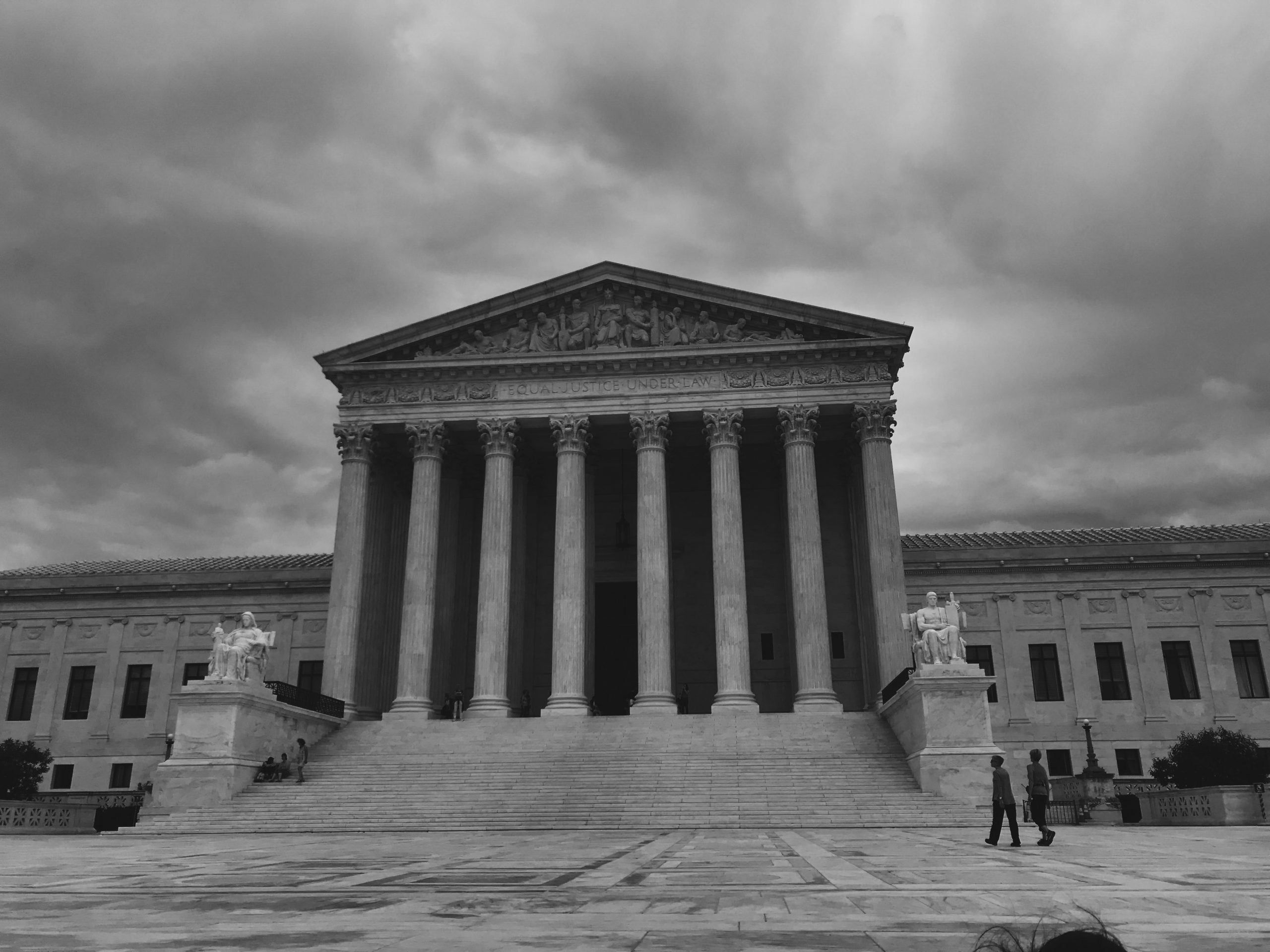Best Practices for Emerging Brands: How to Avoid Missteps
May 30, 2023
Emerging brands face many choices and obstacles as they get up and running, but making the right choices can ensure smoother growth and dispute resolution. Craig Tractenberg suggests that emerging brands choose LLC formation for its flexibility in capital rights, structure, and tax treatment. Regardless, the legal structure needs to address investors’ needs for returns and a voice in the company as well as allow for growth. Emerging brands should also be sure to shop for money carefully, as SBA financing, crowdfunding, and traditional bank financing all have their own pros and cons. Lastly, to avoid unnecessary disputes, they should get in the habit of documenting everything and relying on the right professionals—whether accountants or lawyers—who can save them money (and sanity).









